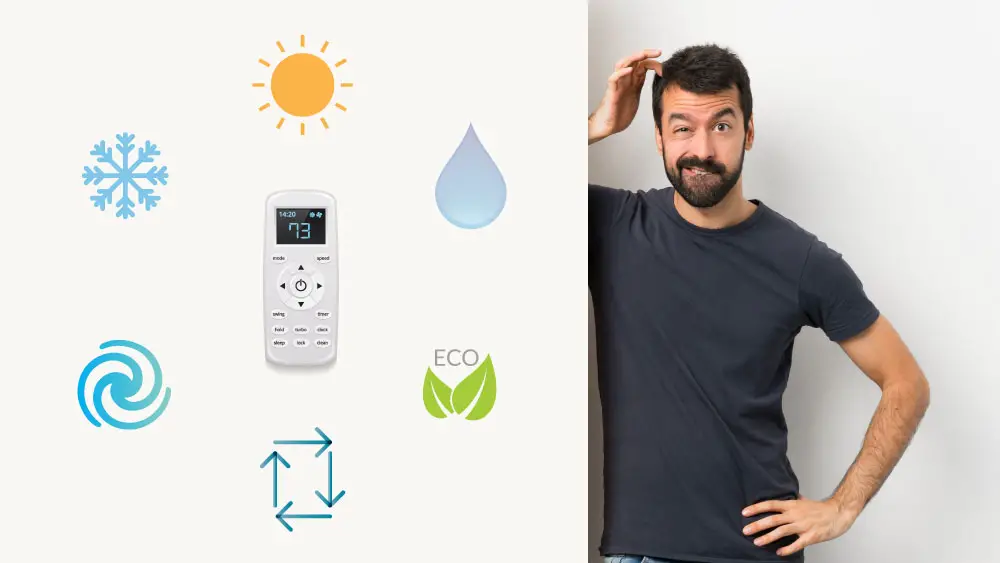When it comes to creating a comfortable environment in homes, offices, and various buildings, the significance of air conditioning in HVAC systems cannot be overstated. Air conditioning plays a crucial role in maintaining optimal indoor temperatures, regulating humidity levels, and improving overall air quality. In this comprehensive guide, we will delve into the fundamentals of air conditioning in HVAC systems, its functionality, components, and the benefits it offers.
Understanding Air Conditioning in HVAC
Air conditioning is an integral part of heating, ventilation, and air conditioning (HVAC) systems, responsible for the cooling and dehumidification of indoor spaces. By removing heat from the air, air conditioning systems help lower the temperature, creating a more comfortable environment, especially during hot summer months. In addition to cooling the air, modern air conditioning units are designed to filter and circulate air, thereby improving indoor air quality.
Components Of Air Conditioning Systems
Air conditioning systems consist of several key components that work together to provide efficient cooling and air circulation. Some of the primary components include:
| Component | Function |
|---|---|
| 1. Compressor | Responsible for circulating refrigerant through the system, facilitating heat exchange |
| 2. Evaporator Coil | Coils through which refrigerant circulates, absorbing heat and moisture from the air |
| 3. Condenser Coil | Releases heat absorbed from the indoor air into the outdoor environment |
| 4. Refrigerant | Chemical substance responsible for heat exchange within the system |
| 5. Thermostat | Regulates the temperature by controlling the operation of the system |
These components work in tandem to facilitate the cooling and dehumidification process, ensuring that the air conditioning system functions effectively in maintaining indoor comfort levels.

Credit: www.amazon.com
The Functionality of Air Conditioning in HVAC
Understanding how air conditioning works within HVAC systems is essential for comprehending its impact on indoor comfort and air quality. The process begins with the circulation of refrigerant, which absorbs heat and moisture from the indoor air as it passes through the evaporator coil. The cooled and dehumidified air is then circulated back into the living or working space, contributing to a more pleasant environment.
Simultaneously, the absorbed heat is released to the outdoor environment as the refrigerant passes through the condenser coil and undergoes a phase change, transitioning from a high-pressure gas to a high-pressure liquid. This cycle repeats as the thermostat monitors and regulates indoor temperatures, ensuring consistent comfort levels are maintained.
The Benefits Of Air Conditioning In Hvac Systems
The incorporation of air conditioning in HVAC systems offers a myriad of benefits to both residential and commercial settings. Some of the key advantages include:
- Improved Comfort: Air conditioning systems provide a comfortable indoor environment by regulating temperatures and reducing humidity levels, ensuring a pleasant living or working space.
- Enhanced Air Quality: By filtering and circulating air, air conditioning systems help remove impurities, pollutants, and allergens, thereby improving indoor air quality.
- Energy Efficiency: Modern air conditioning units are designed to be energy-efficient, providing cost-effective cooling solutions while reducing overall energy consumption.
- Health Benefits: Maintaining optimal indoor temperatures and humidity levels contributes to a healthier living or working environment, reducing the risk of heat-related illnesses and promoting overall well-being.
- Productivity and Performance: Comfortable indoor environments created by air conditioning systems can enhance productivity and performance in both residential and commercial settings, creating a conducive atmosphere for various activities.
Conclusion
As evident from the above discussion, air conditioning serves as an indispensable component of HVAC systems, playing a vital role in maintaining indoor comfort, regulating air quality, and improving overall well-being. Its functionality, coupled with the numerous benefits it offers, underscores the importance of air conditioning in creating conducive indoor environments for residential and commercial spaces.
Whether it’s providing relief from sweltering heat or ensuring optimal air quality, air conditioning in HVAC systems continues to be a cornerstone of modern living, enabling individuals to enjoy comfortable and healthy indoor spaces throughout the year.

